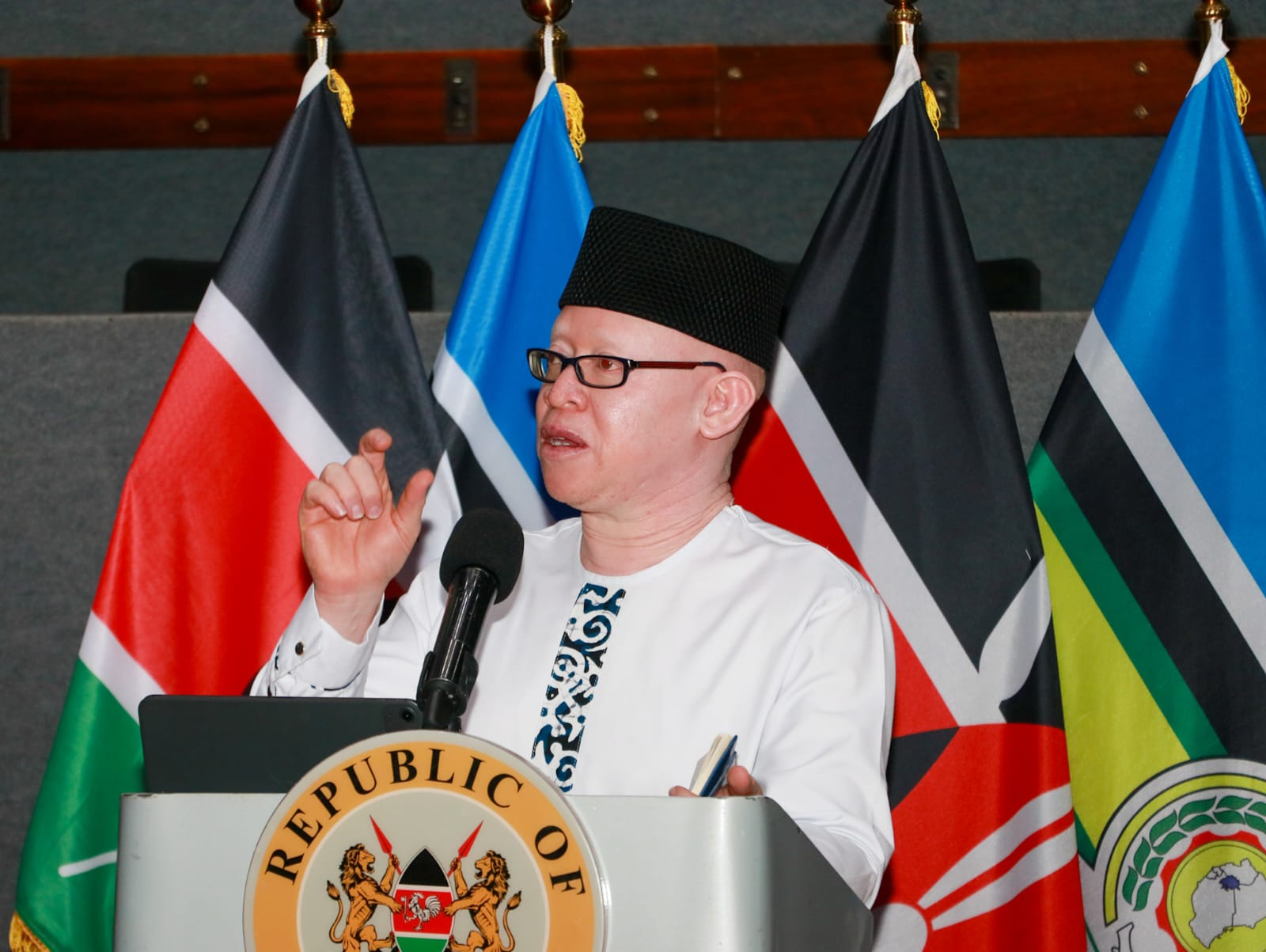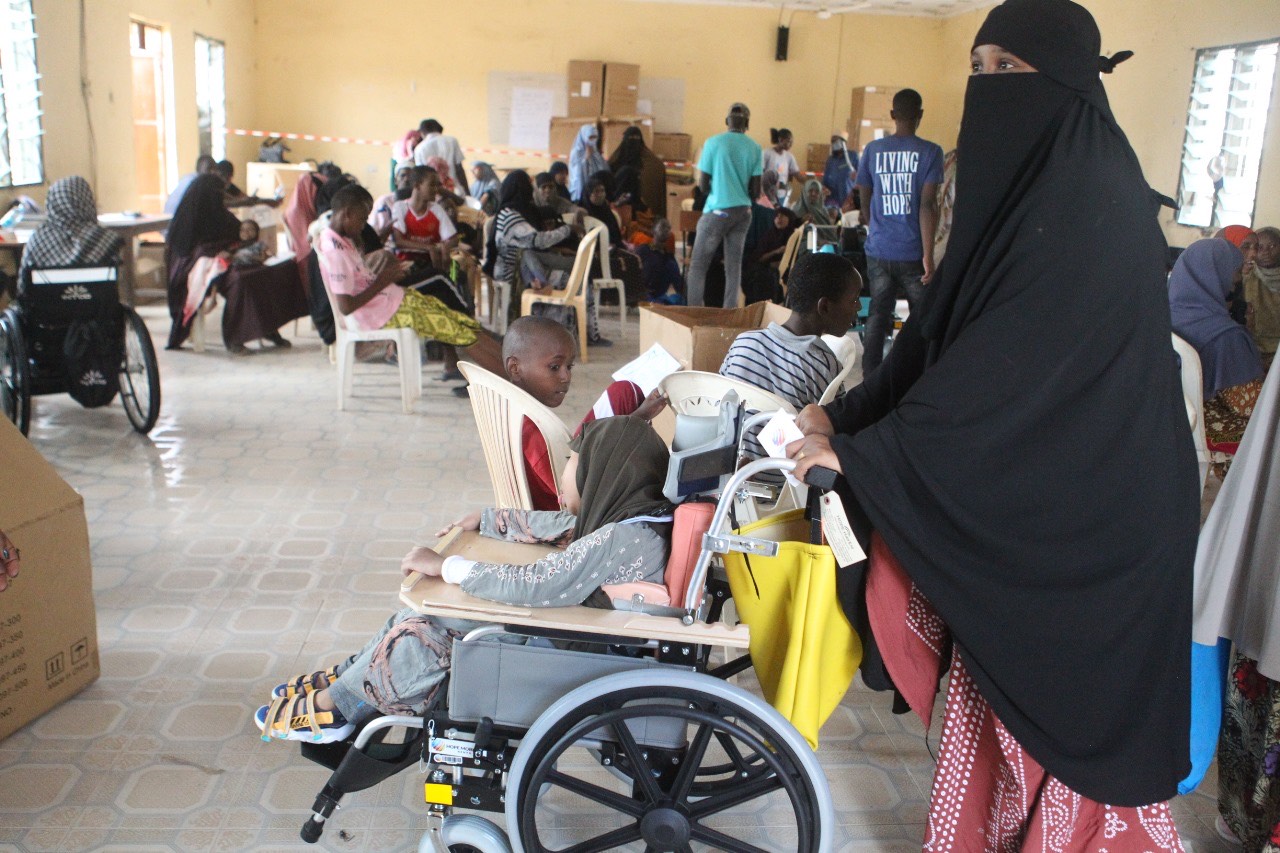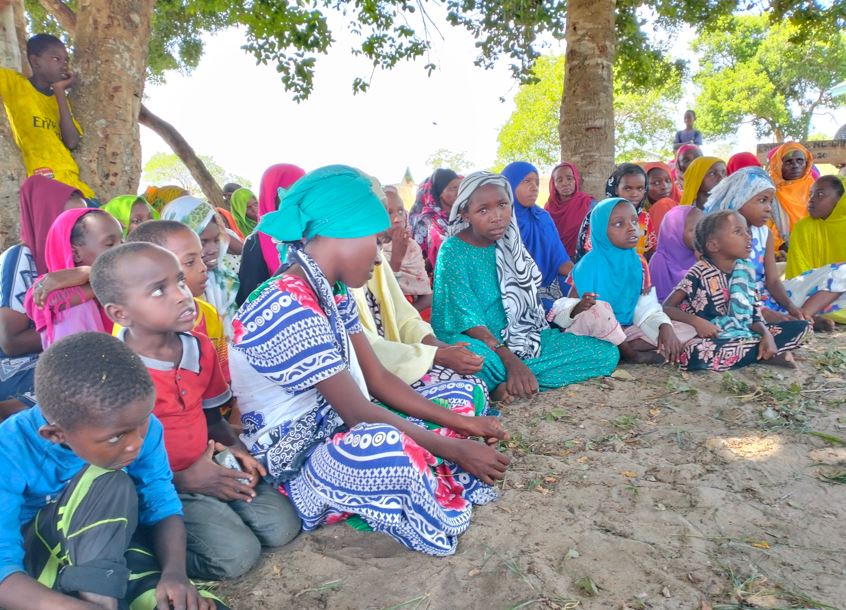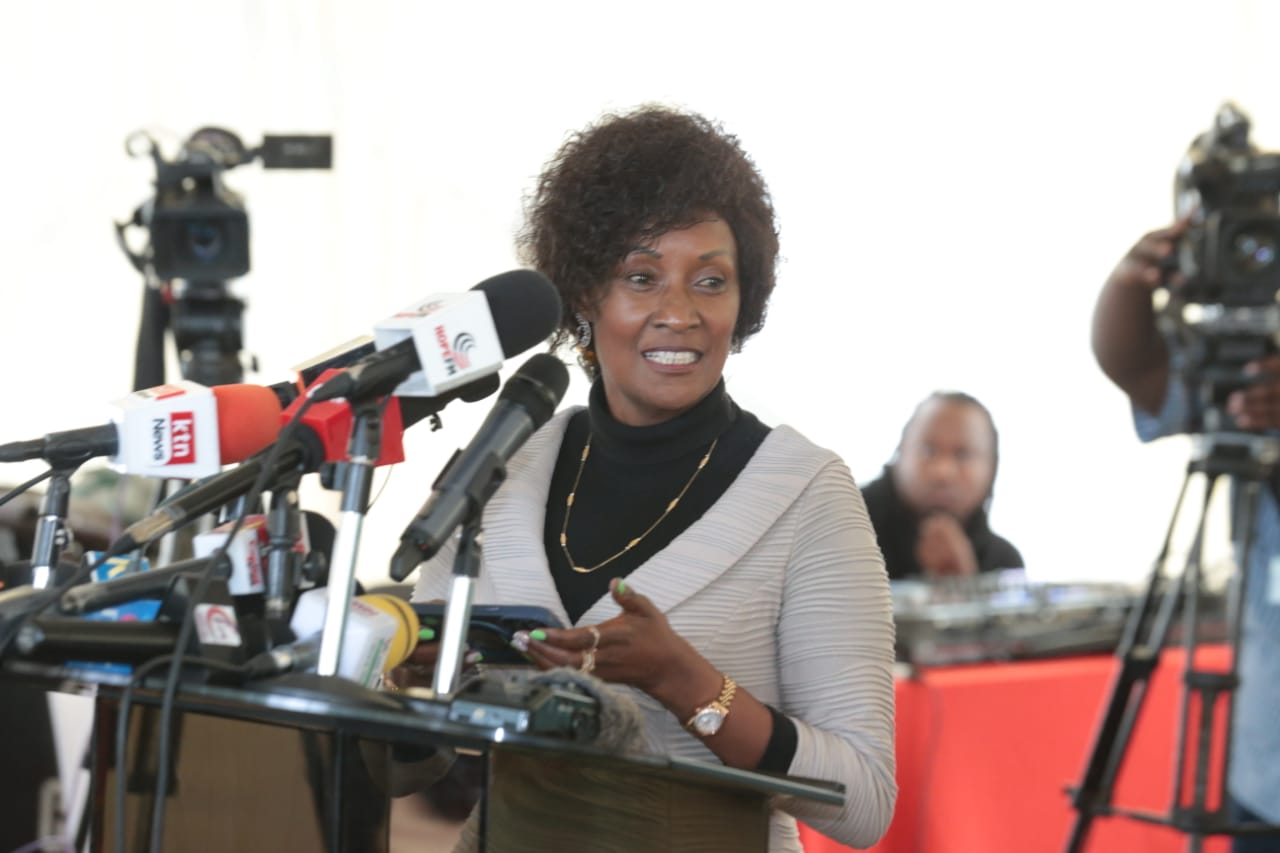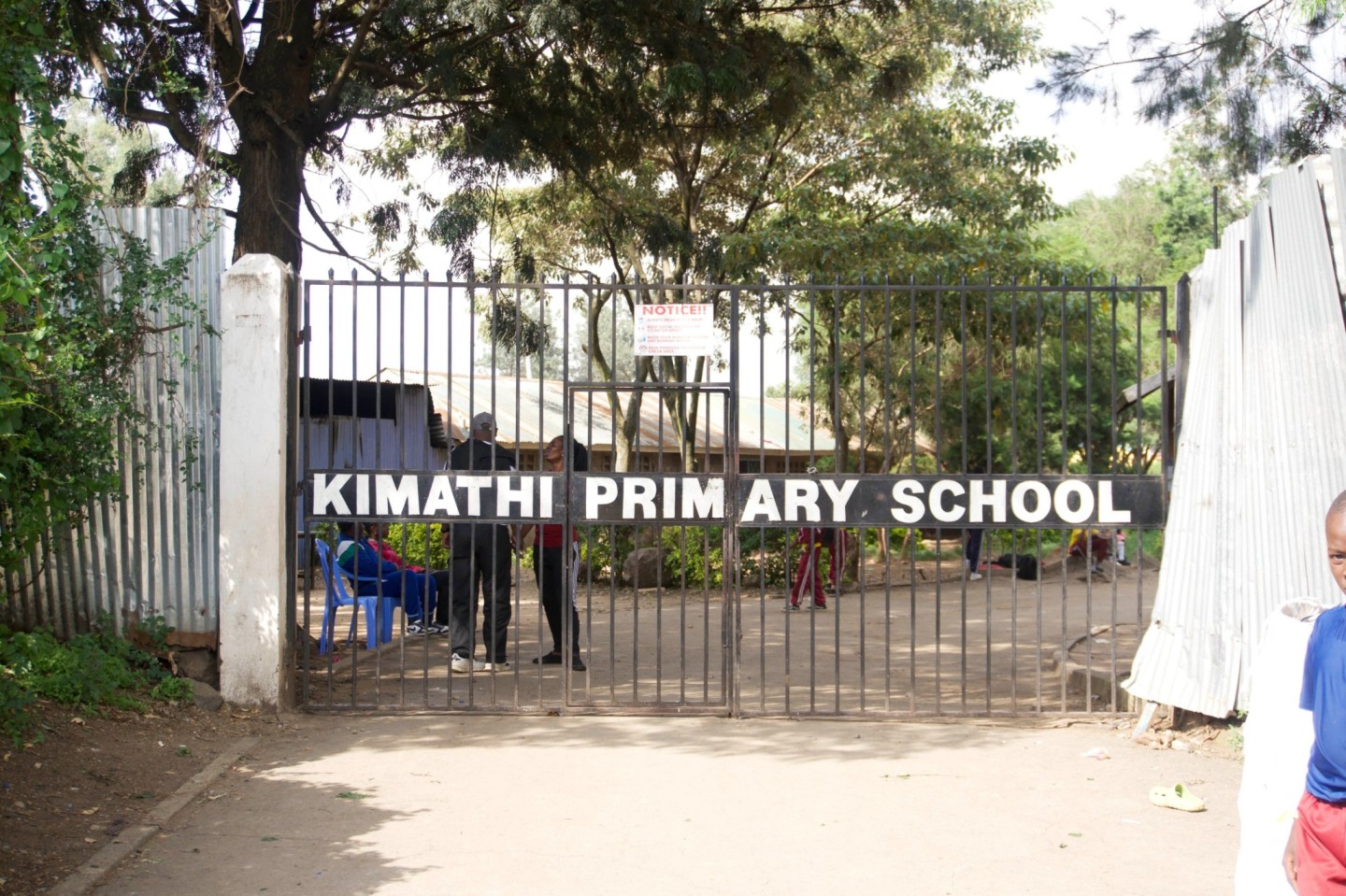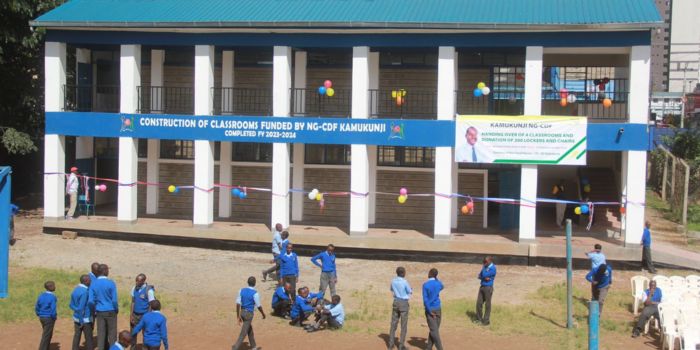Education stakeholders invited to review proposed Grade 10 curriculum

By Lucy Mumbi |
The curriculum proposed by the Presidential Working Party on Educational Reforms (PWPER) includes seven learning areas at this level, four of which are compulsory subjects and three chosen by the learner according to their selected pathway.
Education stakeholders, especially secondary school principals and teachers, have been invited to study and provide feedback on the Grade 10 curriculum designed by the Kenya Institute of Curriculum Development (KICD).
The first cohort of the Competency-Based Curriculum (CBC) is currently in Grade 8 and will be in Grade 9 in 2025. They will then proceed to Grade 10, in 2026, which will be the first year of senior school under the new curriculum.
Keep reading
- High Court orders establishment of quality assurance council for CBC within 14 days
- Ruto directs Treasury, TSC to engage teachers unions over planned strike
- KICD apologises for controversial content in Form 3 Biology text book
- Audit reveals wasteful spending as KICD prints unnecessary books worth millions
In a notice, KICD stated that stakeholders have until July 31, 2024, to submit their comments and suggestions. Feedback should be sent to the KICD email addresses: [email protected] or [email protected], addressed to the Chief Executive Officer, Kenya Institute of Curriculum Development, P.O. Box 30231-00100, Nairobi.
The curriculum proposed by the Presidential Working Party on Educational Reforms (PWPER) includes seven learning areas at this level, four of which are compulsory subjects and three chosen by the learner according to their selected pathway.
KICD has proposed a total of 40 subjects for learners to choose from.
The pathways include Science, Technology, Engineering, and Mathematics (STEM); Social Sciences Arts; and Sports Science.
Compulsory subjects include English, Kiswahili/Kenya Sign Language (KSL), Community Service Learning, and Physical Education.
Subjects under STEM include Mathematics/Advanced Mathematics, Biology, Chemistry, Physics, General Science, Agriculture, Computer Studies, Home Science, Drawing and Design, Aviation Technology, Building and Construction, Electrical Technology, Metal Technology, Power Mechanics, Wood Technology, Media Technology, Marine and Fisheries Technology.
Social Sciences Arts subjects encompass Advanced English, Literature in English, Indigenous Language, Kiswahili Kipevu/Kenya Sign Language, Fasihi ya Kiswahili, Sign Language, Arabic, French, German, Mandarin Chinese, History and Citizenship, Geography, Christian Religious Education/ Islamic Religious Education, or Hindu Religious Education, and Business Studies.
Sports Science subjects include Sports and Recreation, Physical Education (C), Music and Dance, Theatre and Film, and Fine Arts.
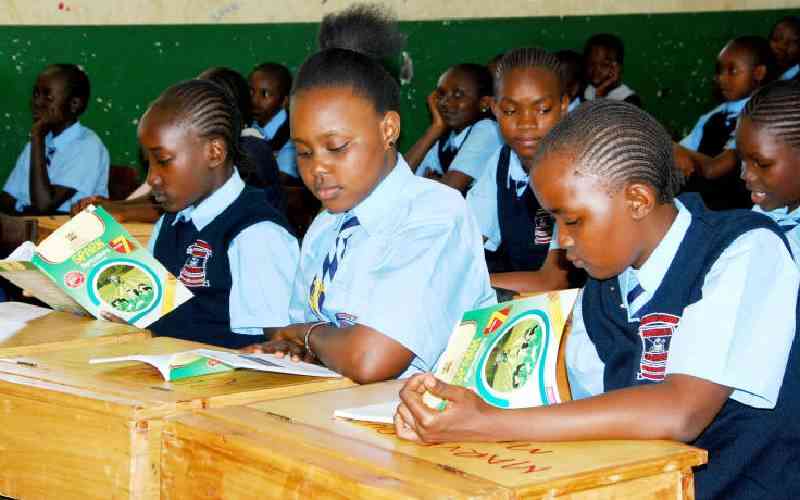 Junior Secondary School (JSS) students in class. (Photo: KICD)
Junior Secondary School (JSS) students in class. (Photo: KICD)
KICD noted that while English and Kiswahili are indicated as compulsory, the learners who opt for these learning areas as their subjects of specialisation shall go through a differentiated curriculum in terms of scope, experiences, and assessment.
“Such learners shall, therefore, take Advanced English or Kiswahili Kipevu with an additional two lessons,” reads the draft.
It is also recommended that learners choose at least two learning areas from their selected pathway. In exceptional cases, learners may opt for one learning area from their chosen pathway and a maximum of two from any of the three pathways, depending on career projections and guidance from Senior School principals.
According to the proposal, each compulsory learning area will have four lessons, while optional areas will have six lessons each.
“A lesson shall be 40 minutes. The "free" lessons shall be used for the development of ICT skills, Pastoral Instruction Programme (PPI), projects, collaborative study, and further reading,” reads the draft.
Senior School, the fourth level of basic education in the CBC, follows Pre-Primary, Primary, and Junior School (JS).
KICD emphasised that the essence of senior school is to offer learners a pre-university/pre-career experience, allowing them to choose pathways based on demonstrated interest and potential.
It comprises three years of education for learners in the age bracket of 15 to 18 years, laying the foundation for further education, training, and the world of work.
“In the CBC vision, learners exiting this level are expected to be engaged, empowered, and ethical citizens ready to participate in the socio-economic development of the nation,” KICD said.
By the end of senior school, KICD said learners should be able to communicate effectively, utilise information and communication technology across various contexts, apply mathematical, logical, and critical thinking skills for problem-solving, and exploit individual talents for leisure, self-fulfilment, career growth, further education, and training.
Learners are also expected to uphold national, moral, and religious values, apply and promote healthcare strategies, protect and improve the environment, demonstrate active local and global citizenship, appreciate diversity in people and cultures, and manage contemporary issues responsibly.
Reader comments
Follow Us and Stay Connected!
We'd love for you to join our community and stay updated with our latest stories and updates. Follow us on our social media channels and be part of the conversation!
Let's stay connected and keep the dialogue going!




